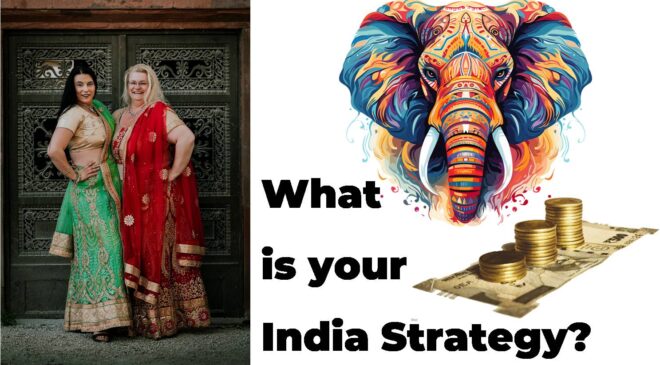
In today’s interconnected world, the realm of marketing has transcended borders, offering businesses unprecedented opportunities and presenting a unique set of challenges. Globalization has transformed the way companies approach marketing, making it crucial to understand and address cross-cultural considerations. In this blog, we will explore the challenges and opportunities that marketers face in this globalized landscape.
Challenges in a Globalized World
1. Cultural Sensitivity: As the world becomes more interconnected, cultural nuances play a pivotal role in marketing. What works in one culture may not resonate in another. For instance, colors, symbols, or even gestures can have different connotations. Marketers must carefully navigate these differences.
Example: The multinational giant, Coca-Cola, learned this the hard way when its campaign to spread happiness using vending machines that promoted the message “Share a Coke” backfired in China because the characters for “Coke” sounded like “Bite the Wax Tadpole.”
2. Language Barriers: Language remains a formidable barrier to global marketing. Localization is key, and literal translations often lead to misunderstandings or cultural insensitivity.
Example: KFC’s famous slogan “Finger-lickin’ good” was translated to “We’ll eat your fingers off” in Chinese, a case of a translation gone awry.
3. Diverse Consumer Behavior: Consumer behavior is influenced by cultural, social, and economic factors. Understanding these factors is imperative.
Example: McDonald’s offers different menus in various countries to cater to local tastes. In India, where a significant population is vegetarian, McDonald’s introduced an entirely vegetarian menu.
4. Regulatory Compliance: Different countries have distinct regulations regarding advertising, labeling, and product claims. Navigating these legal complexities can be daunting for marketers.
Example: Tobacco companies face stringent regulations on marketing in many countries, leading to diverse marketing approaches for the same products.
Opportunities in a Globalized World
1. Market Expansion: Globalization opens doors to new markets, enabling businesses to expand beyond their domestic boundaries.
Example: Airbnb successfully penetrated the Chinese market by adapting to local preferences and regulations, becoming a symbol of global marketing prowess.
2. Cultural Exchange: Globalization allows for cultural exchange, fostering creativity and innovation in marketing strategies.
Example: The “Share a Coke” campaign, although facing challenges in China, was a global success, demonstrating the power of cross-cultural marketing.
3. Diverse Talent: Globalization enables companies to harness a diverse pool of marketing talent, capitalizing on a variety of perspectives.
Quote: “Diversity may be the hardest thing for a society to live with, and perhaps the most dangerous thing for a society to be without.” – William Sloane Coffin Jr.
4. Digital Advancements: The rise of digital marketing and social media has made it easier for businesses to reach global audiences and adapt content for various markets.
Example: The rise of influencers and social media advertising has allowed brands to reach audiences worldwide with targeted campaigns.
5. Data-Driven Decisions: The globalization of data and analytics allows marketers to tailor their strategies to fit local preferences effectively.
Reference: According to the International Data Corporation (IDC), worldwide data is expected to grow from 45 zettabytes in 2019 to 175 zettabytes by 2025.
Conclusion
The challenges and opportunities in marketing in a globalized world underscore the importance of cross-cultural considerations. Businesses must prioritize cultural sensitivity, adapt content to local markets, and stay informed about international regulations. In embracing these challenges, organizations open doors to an array of opportunities for global expansion, cultural exchange, and the exchange of diverse perspectives. As the world continues to become more interconnected, the ability to navigate and capitalize on global marketing trends is not just a choice but a necessity for businesses aiming for international success.















